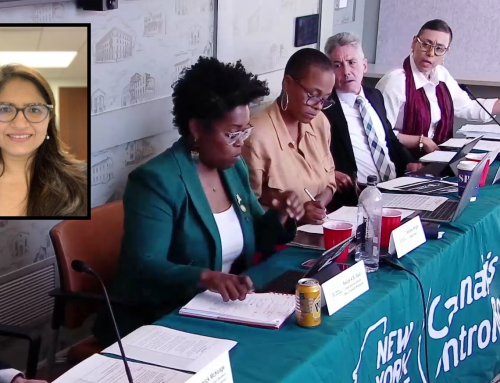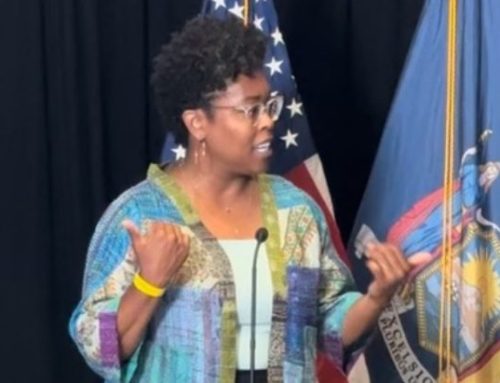Possibility of self-prescribed, self-administered hormonal birth control
In an attempt to make prescription contraception more accessible in New York, Democratic state lawmakers are proposing a pathway for women to essentially write their own prescriptions.
The process is designed to address the needs of New Yorkers without the time, money or access to see a local medical provider, who would traditionally write a prescription for self-administered hormonal contraception, like the birth control pill, which could then be filled by a pharmacist. Recently amended legislation from Assemblymember Amy Paulin and Sen. Toby Stavisky would allow pharmacists to give patients a “self-screening risk assessment questionnaire” to help them “select an appropriate self-administered hormonal contraceptive” that the pharmacist would then distribute.
Speaking recently on The Capitol Pressroom, Paulin said the bill was crafted with input from the American College of Obstetricians and Gynecologists. “They have been our strongest allies,” she said. “They believe strongly that these are medications … that are not harmful, that should be available over the counter.”
If the bill became law, pharmacists would be responsible for notifying a patient’s primary care provider about any birth control that is dispensed. If the patient didn’t have a primary care doctor then they would receive a written record of what they received and would be advised to “consult an appropriate health care practitioner.”
The original version of the bill was written to empower pharmacists to write prescriptions for birth control, but this would have meant expanding the accepted scope of practice for pharmacists. Expanding the scope of practice for any profession in New York is generally a heavy lift at the Capitol, with opposition often coming from the entities that oversee licensing, including the state Education Department and Assembly Higher Education Committee Chair Deborah Glick.
Asked about this dynamic in the legislature, Paulin acknowledged that Glick has traditionally been cautious about expanding scope of practice for professionals. “In this instance, she’s been cautious and she’s been talking to the doctors, as I have, and we both feel very strongly that this bill is in line with proper medical thinking and practice and … that it’s very important for women,” she said.









Social Media